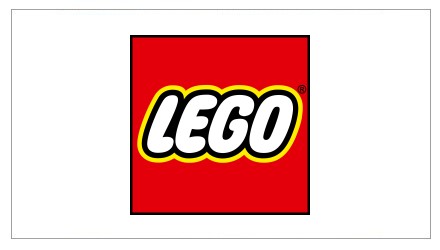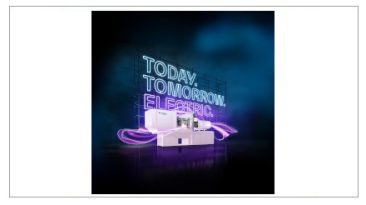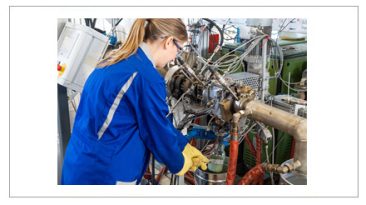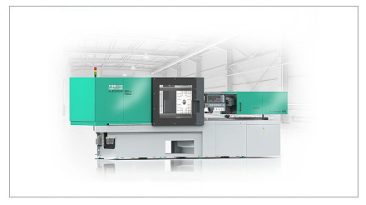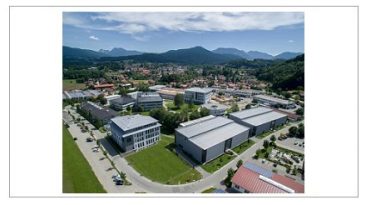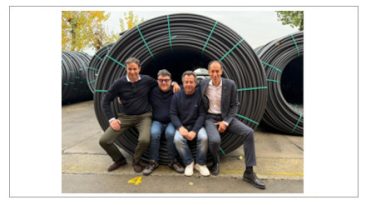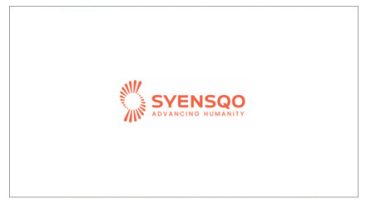– Next step is to begin to phase out single-use plastic bags from LEGO® boxes in latest move to make all packaging sustainable by 2025.
– Further investments will also be made in creating more sustainable products, achieving zero waste & carbon neutral operations, circularity and inspiring children to learn about sustainability through play.
The LEGO Group has announced plans to invest up to US$400 million over three years to accelerate sustainability and social responsibility initiatives. The investment will cover both long-term investments and ongoing costs. The company, which has made a series of moves over the past 10 years to build a better planet for future generations, believes it’s increasingly urgent and important to prioritise environmental and social activity.The LEGO Group CEO, Niels B Christiansen said: “We cannot lose sight of the fundamental challenges facing future generations. It’s critical we take urgent action now to care for the planet and future generations. As a company who looks to children as our role models, we are inspired by the millions of kids who have called for more urgent action on climate change. We believe they should have access to opportunities to develop the skills necessary to create a sustainable future. We will step up our efforts to use our resources, networks, expertise and platforms to make a positive difference.”
As a next step, the company will begin to phase out single-use plastic bags used in LEGO boxes to package the loose bricks. This is part of its ambition to make all its packaging sustainable by the end of 2025. From 2021, Forest Stewardship Council-certified recyclable paper bags will be trialled in boxes.
Christiansen said: “We have received many letters from children about the environment asking us to remove single-use plastic packaging. We have been exploring alternatives for some time and the passion and ideas from children inspired us to begin to make the change.”
Moving away from the existing packaging is not a simple task and will take time as new material must be durable, light weight and enhance the building experience. Several prototypes made from a range of different sustainable materials have so far been tested with hundreds of parents and children. Children liked the paper bags being trialled in 2021 as they were environmentally friendly and easy to open.
Long-term investment in building a sustainable future
In addition to developing and implementing sustainable materials, the up to US$400million investment will also focus on a range of social and environmentally focussed actions to inspire children through learning through play, making the business more circular, and achieving carbon neutral operations. The activity will drive meaningful, long-term change aligned to two United Nations Sustainable Development Goals: #4 Quality Education and #12 Responsible Consumption and Production:
Children
By 2022, the LEGO Group aims to reach 8 million children around the world annually with learning through play through a range of activities with partners, in collaboration with the LEGO Foundation. It will build on its work with organisations such as UNICEF, Save the Children and local partners to scale up programmes that give children-in-need access to play and opportunities to develop life-long skills such as problem solving, collaboration and communication. In 2019, 1.8 million children were reached through such programmes. 25% of profits from the LEGO Group go to funding the LEGO Foundation’s projects, activities and partnerships.
Circularity
The LEGO System in Play inspires endless play possibilities that supports the principles of circular design – a product made of quality materials that can be used and reused. The quality, durability, safety and consistency of LEGO bricks mean they can be passed from generation to generation. Bricks made today, fit those made more than 40 years ago.
Programmes will be put in place to encourage people to donate their pre-loved bricks to children in need of play. LEGO Replay, which was successfully trialled in the United States in 2019, will be rolled out in two additional countries by the end of 2022. So far, LEGO Replay has donated bricks to over 23,000 children across the United States(1).
Sustainable Materials
Work will continue on the company’s Sustainable Materials Programme, which employs more than 150 experts, to create sustainable products and packaging. In 2015, the Group set a target to make its products from sustainable materials by 2030. It will expand its use of bio-bricks, such as those made from sugar cane, which currently account for almost 2% of its element portfolio.
It will continue research into new, more sustainable plastics from renewable and recycled sources, and join forces with research institutes and other companies especially those developing new recycling and bio-based material production technologies to find materials which are as durable and high quality as those used today(2).
The planned investments include both costs associated with the development of new sustainable materials and the investments in manufacturing equipment.
Zero Waste & Carbon Neutral Operations
The Group’s manufacturing operations will be carbon neutral by 2022. To achieve this, additional solar panels will be installed on all its factories and onsite capacity will be supplemented with the procurement of renewable energy. Further investments will be made to improve energy usage, for example by installing new systems that use ambient air in cooling processes during LEGO brick production.
Improved waste handling and reduction in water consumption will further reduce the Group’s operational impact on the environment. No waste will be diverted to landfill by 2025 and water use will drop by 10% by 2022(3).
Joining forces to have a positive impact
The LEGO Group will continue to work with organisations such as the Ellen MacArthur Foundation, World Wild Fund for Nature, RE100, UNICEF and Save the Children in order to create the greatest impact.
Christiansen said: “At a time when the world is facing numerous challenges, companies must take action to create a lasting positive impact on the environment and society. No one can do it alone. I urge companies, governments, parents, children and NGOs to continue to join forces to create a sustainable future for our children, the builders of tomorrow.”


